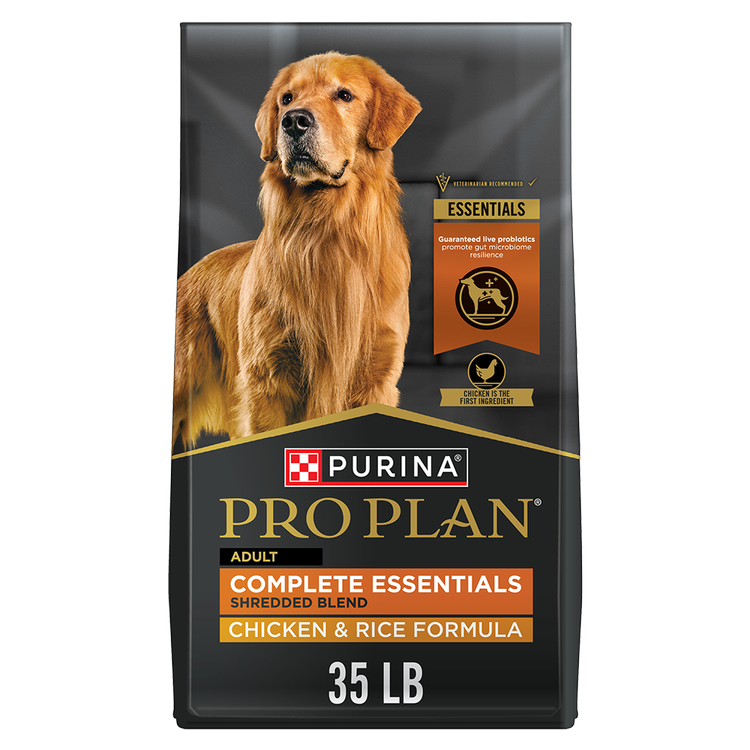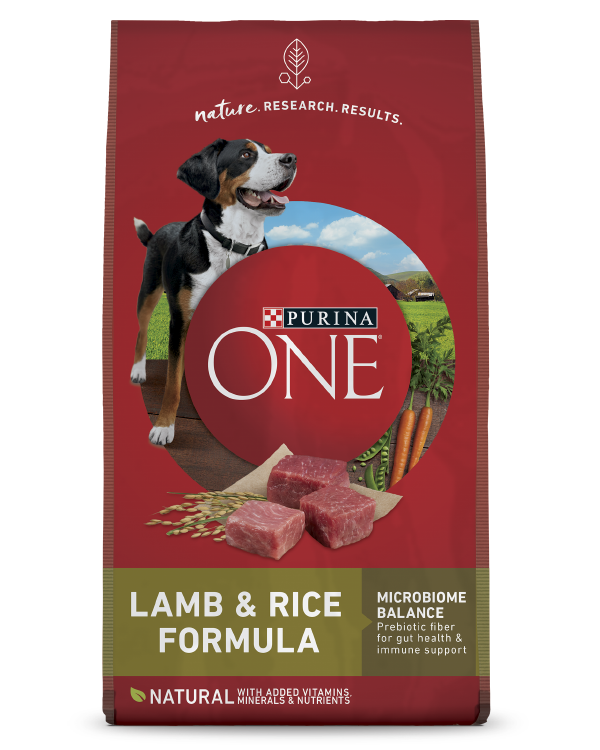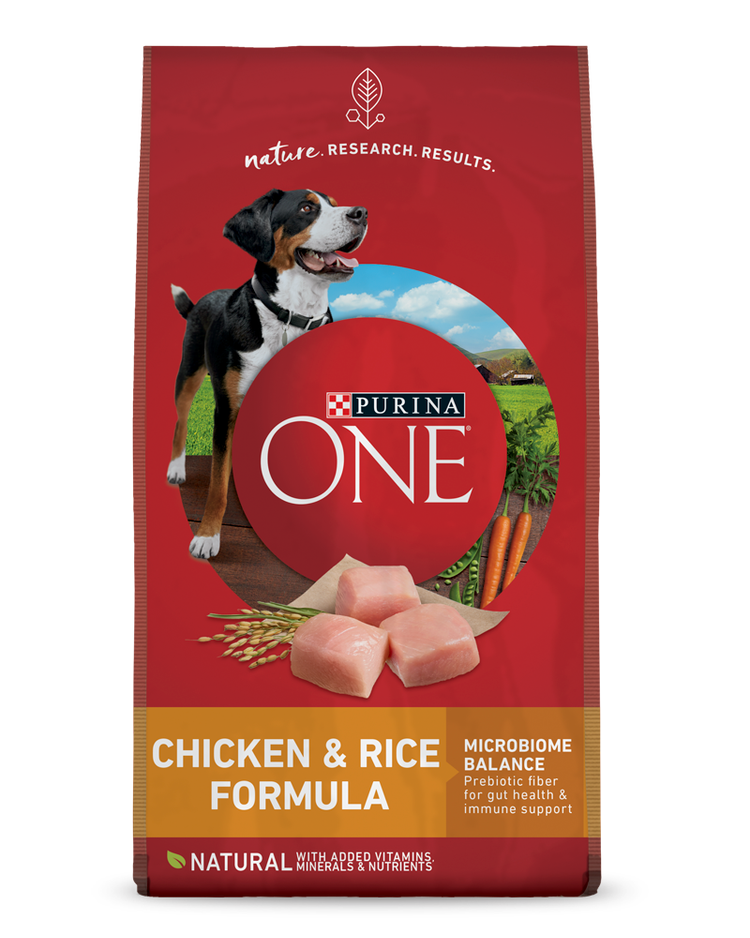Individuals who are looking to treat their dogs’ aches and pains often ask, Is turmeric good for dogs? The answer is yes, for the most part.
Turmeric is an Asian plant in the ginger family. The powder derived from this plant is frequently used by chefs in various Asian cuisines, curries, sauces and soups to add color or flavor to a dish. Turmeric is also frequently used in pre-packaged human and pet foods as a color and flavor enhancer. The spice has a distinctive earthy flavor and a rich, dark, yellow color.
Our experts weigh in on the benefits of turmeric for dogs and if it’s a good option as a supplement for dogs.
Can Dogs Eat Turmeric?
Turmeric is safe for dogs in small doses, and it may have a positive impact. One study has shown curcumin, a frequently studied phytonutrient found in turmeric, may support healthy joint mobility and comfort.
You might find turmeric listed as an ingredient on your dog’s food label. Its purpose is to enhance the color and/or flavor of the kibble, however, not to provide any anti-inflammatory benefits.
It turns out the levels of turmeric used in coloring or flavoring dog food are not likely to have any noticeable health benefits. So, while turmeric is safe for dogs to consume in small amounts, they probably won’t see the anti-inflammatory benefits the spice is touted for in humans by eating it in dog food.
What Other Dog Supplements Can Support Joint Health?
Can dogs have turmeric? Yes. Other ingredients can offer more substantial anti-inflammatory benefits, though, like omega-3 fatty acids from fish oil. “Fish oil is an excellent source of omega-3 and -6 fatty acids, which have anti-inflammatory properties,” says Carbo-Johnson.
“Your dog’s complete and balanced dog food contains omega-3 fatty acids,” she explains, and many dog foods use ingredients like salmon as a source of omega-3s. Before you introduce any supplementation into your dog’s diet, be sure to talk with your veterinarian.
Find out more about supplements for your dog and general dog nutrition from our experts on our Pet Expertise page.

Find Your Pet’s Perfect Food
Get your personalized recommendation with our Pet Food Finder tool.








